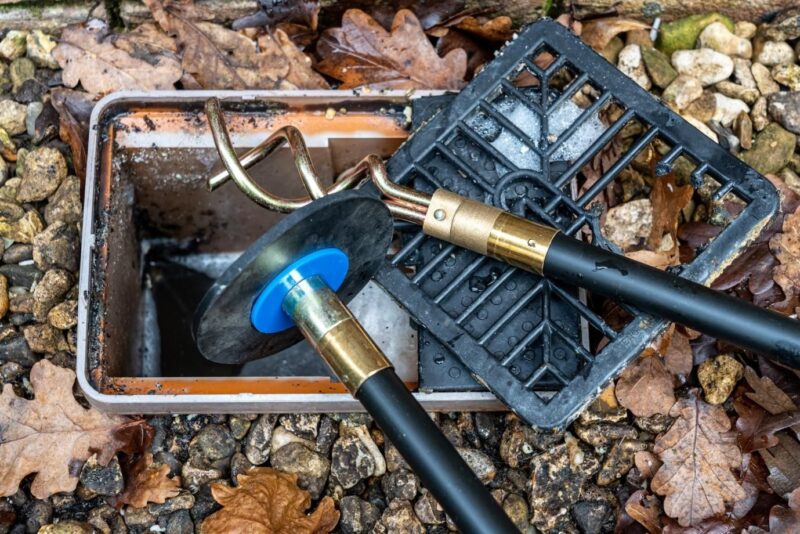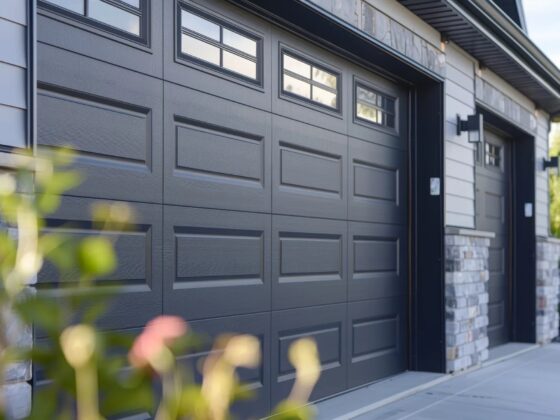The term ‘fatberg’ might sound almost comical, but for homeowners and businesses across the UK, these massive lumps of congealed fat, oil, grease and other debris are no laughing matter. Fatbergs have become notorious in recent years, blocking public sewers, backing up private drains and creating expensive and messy problems for anyone unlucky enough to experience one.
They’re a grim reminder that what goes down our kitchen sinks, toilets and drains doesn’t just disappear — and that a little care in daily habits can go a long way towards preventing these costly blockages.
Most people first hear about fatbergs when a headline-grabbing monster is discovered deep beneath a city street. Some have been found stretching for hundreds of feet through old Victorian sewer systems, weighing as much as a double-decker bus and taking weeks to break up and remove.
While these giant fatbergs lurk in public sewers, smaller versions can easily develop in your own pipes at home. The result is slow-draining sinks, unpleasant smells, overflowing gullies and, in the worst cases, raw sewage backing up into kitchens, bathrooms or gardens.
The good news is that with a few simple changes, it’s possible to keep fatbergs at bay and protect your drains — and your wallet — from damage.
What Exactly is a Fatberg?
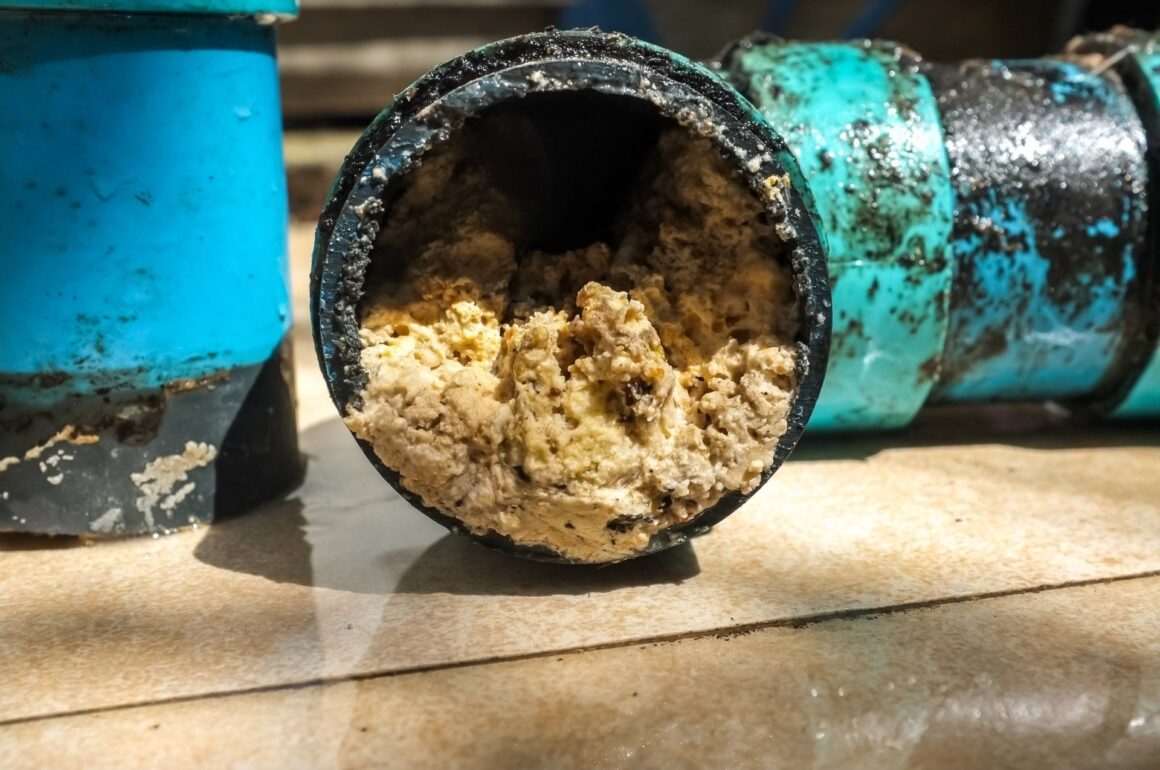
A fatberg forms when fats, oils and grease — often called FOG in the drainage industry — are poured or washed down sinks and plugholes instead of being disposed of properly. As these substances travel through the pipes, they cool and harden, sticking to the inside of the pipes. Over time, more waste material, like food scraps, wet wipes and sanitary products, cling to this build-up, turning it into a rock-hard mass that restricts the flow of wastewater.
Unlike blockages caused by a single obstruction, fatbergs develop gradually. This means that you might not notice the problem until it’s become big enough to cause slow drainage, foul smells or a complete blockage. The reality is that many households contribute to the problem without realising it. That leftover gravy, bacon grease or cooking oil you rinse away can easily become the foundation of a fatberg lurking in your drains.
The Impact of Fatbergs on Your Home
When people think of fatbergs, they often picture the huge public sewers beneath big cities. But in reality, your own drains can develop mini-fatbergs that create problems closer to home. These blockages can affect kitchen sinks, bathroom pipes and outdoor drains alike.
A partial blockage might first show up as a sink that takes longer to empty or a drain outside that smells bad on warm days. If left untreated, the build-up can eventually lead to water backing up into sinks, showers and even toilets. Raw sewage overflowing into your home or garden is not only unpleasant but can pose a serious health hazard, requiring specialist cleaning and repair.
Fatbergs can also cause damage to your pipes. As the blockage grows, water pressure builds up behind it, increasing the risk of cracks, leaks or even burst pipes. In older properties with ageing drainage systems, this can be particularly costly to put right.
The Cost of Clearing Fatbergs
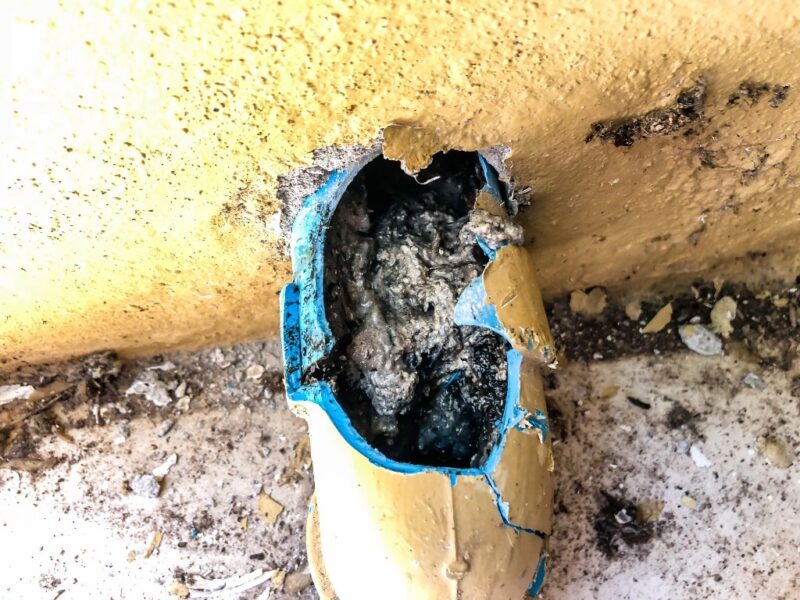
Clearing a stubborn fatberg from your private drains can be more expensive than you might think. Professional drain clearance often involves high-pressure water jetting to break up the mass, plus CCTV drain surveys to check for any structural damage the blockage might have caused.
If a fatberg has caused damage to your pipes, repairs may be needed, ranging from patching cracks to replacing entire sections of pipework. In some cases, persistent fatberg build-up can damage the connection between your property’s drains and the public sewer, leading to disputes over who is responsible for repairs.
Many household insurance policies cover accidental damage to drains, but they might not cover problems caused by poor maintenance or neglect. Taking steps to prevent fatbergs in the first place is always better than facing an unexpected bill for emergency drain clearance.
How Your Habits Contribute to Fatbergs
It’s easy to think that a splash of cooking oil or a few leftover scraps won’t make any difference, but the reality is that every little bit adds up. Across the UK, the collective impact of households and businesses washing fats and oils down the drain is staggering.
Common culprits include pouring leftover oil from frying pans down the sink, rinsing plates covered in greasy gravy or sauce without scraping them properly, and using hot water to wash away melted fat from roasting trays. While the hot water might clear the grease from your sink, it will cool and solidify further along the pipes where it can do real damage.
Bathroom habits can also play a role. Flushing wet wipes, sanitary products or cotton buds down the toilet adds to the fatberg problem by providing something for the fat and oil to cling to. Even wipes labelled as ‘flushable’ often fail to break down properly, adding to blockages.
Smart Ways to Prevent Fatbergs at Home
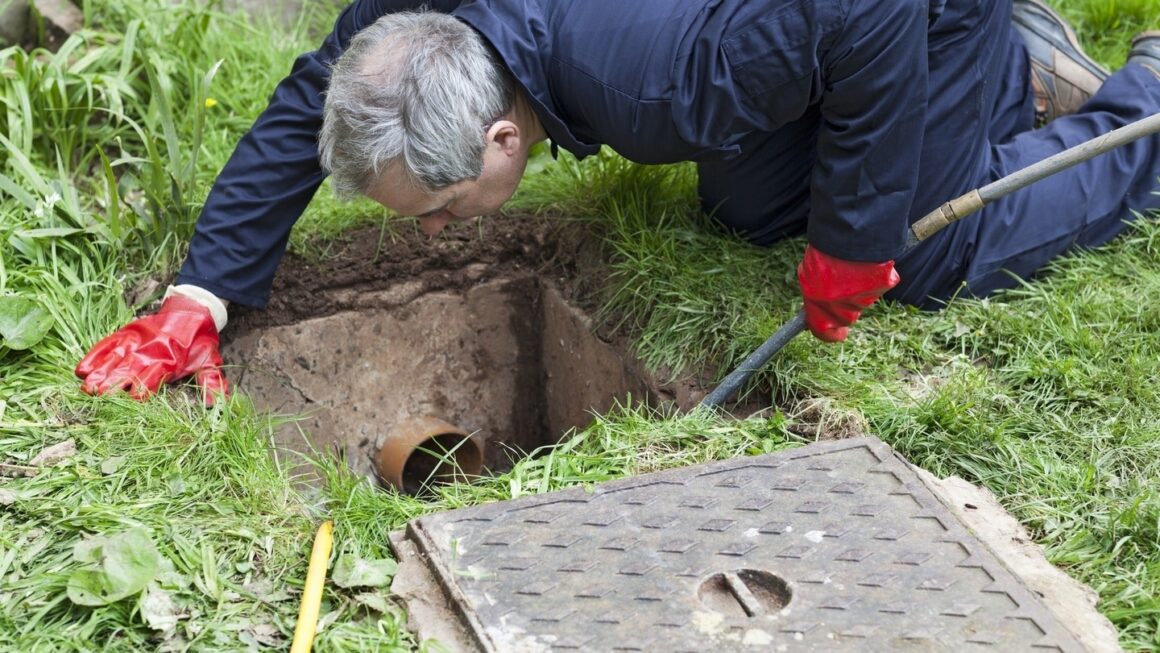
The best way to stop fatbergs from forming in your drains is to stop fats, oils, grease and inappropriate items from going down the pipes in the first place. Small changes in your kitchen and bathroom habits can make a big difference.
When cooking, always let oil and grease cool before disposing of it. Pour cooled oil into an empty jar, bottle or tin and throw it in the bin once it’s full. For smaller amounts of fat, use kitchen roll to wipe greasy pans and plates before washing them up. Scrape leftover food into the bin or compost caddy instead of rinsing it away.
In the bathroom, stick to flushing only the three Ps — pee, poo and paper. Everything else, from wet wipes to cotton pads and dental floss, should go in the bin. Keep a small bathroom bin handy so it’s easy for everyone in the household to dispose of waste properly.
Outside, keep an eye on gullies and drains. If you notice slow drainage or smells, act early to clear any debris before it develops into a bigger problem. Leaf litter and garden waste can also contribute to blockages, so regular clearing of outdoor drains is a good habit to get into.
Fatbergs and Food Businesses
While households contribute to the fatberg problem, food businesses have an even bigger responsibility. Cafes, restaurants, takeaways and pubs produce large quantities of fats and oils every day. By law, these businesses must have measures in place to prevent fats and grease from entering the public sewers.
Grease traps or grease interceptors are a common solution, capturing FOG before it reaches the drainage system. These need to be emptied and maintained regularly to work effectively. A poorly maintained grease trap can cause foul smells, blockages and even result in fines for breaching environmental regulations.
Many local authorities and water companies work with food businesses to promote best practices and reduce the impact of commercial kitchens on local sewers. Good training for kitchen staff, combined with proper equipment, can go a long way in keeping drains clear and avoiding costly emergency call-outs.
The Role of Regular Drain Maintenance
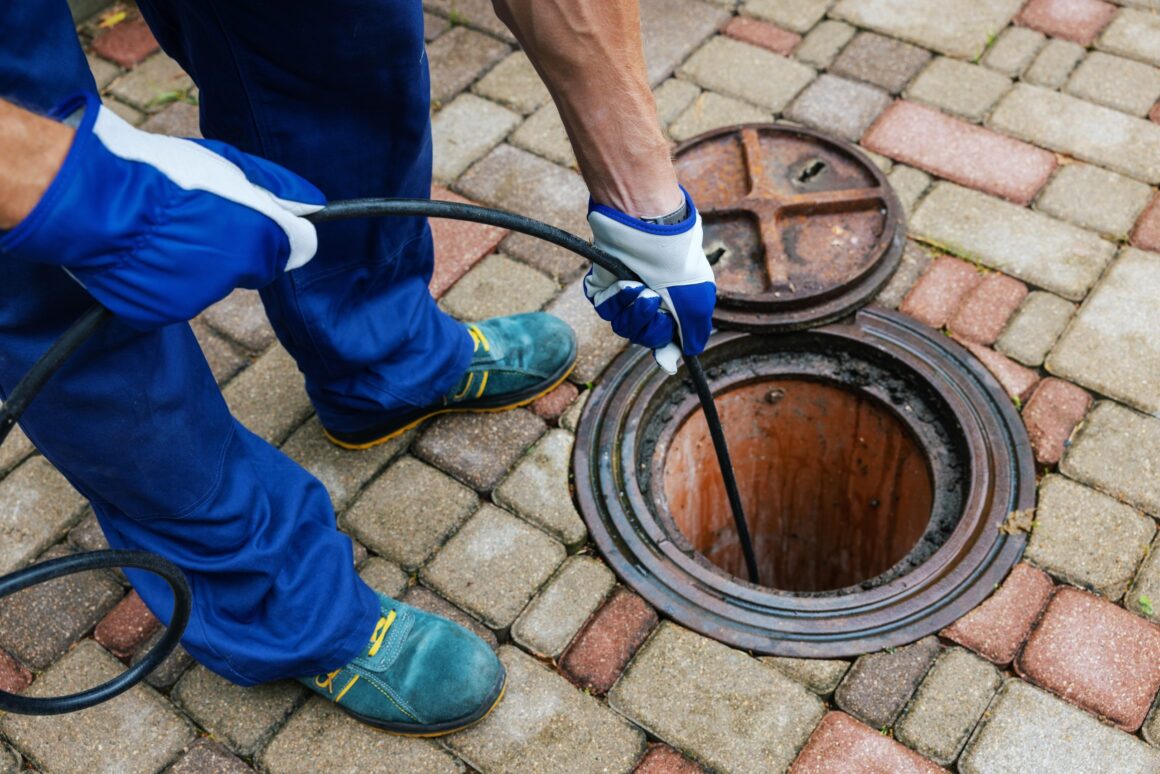
Even with the best habits, everyday use can lead to gradual build-up in your drains. This is why regular drain maintenance is so important. For households, this might mean using an eco-friendly drain cleaner occasionally or booking a professional drain clearance every few years, especially if you live in an older property.
A CCTV drain survey is another useful option if you suspect recurring problems. It can pinpoint the exact location and cause of a blockage and check for any underlying damage that might need fixing. Catching issues early often means simpler, less expensive repairs.
For food businesses and larger properties, scheduled drain maintenance is essential. Professional drain cleaning services can tackle areas that household cleaners simply can’t reach, using high-pressure water jetting to clear build-up before it turns into a blockage.
What to Do if You Suspect a Fatberg
If you notice signs like sinks draining slowly, gurgling noises from pipes, bad smells around plugholes or damp patches near drains, it’s worth investigating straight away. The longer a fatberg is left to grow, the more difficult — and expensive — it will be to clear.
A professional drainage company can carry out an inspection and advise on the best course of action. Often, high-pressure jetting is used to break up fatbergs safely and flush the debris through the system. If the blockage is severe, more specialist techniques might be needed.
Trying to tackle a large fatberg yourself can make things worse. DIY drain rods or chemical unblockers rarely deal with the underlying build-up and can even damage pipes if used incorrectly. Calling in the experts is usually the quickest and safest way to get your drains flowing freely again.
Raising Awareness and Community Action
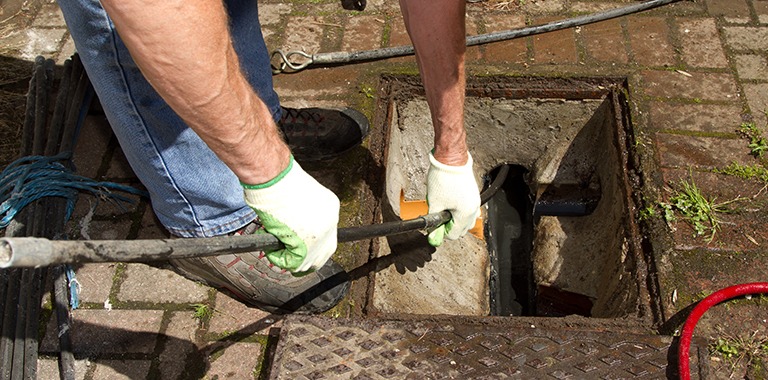
Fatbergs have become such a problem in the UK that many water companies now run public awareness campaigns to encourage better habits. Simple messages like ‘Bin It, Don’t Block It’ remind people to keep fats and wipes out of the drains. Some councils provide free fat traps or containers for households to store leftover cooking grease safely before disposing of it.
Schools and community groups are also doing their part to educate people about the impact of fatbergs. Many people are shocked when they see images of giant lumps of congealed waste being dug out of local sewers — a powerful reminder that everyday actions can have big consequences.
By making small changes and spreading the word, households and businesses alike can help keep local drains clear and reduce the burden on public sewer systems. In turn, this helps prevent costly repairs, environmental damage and unpleasant blockages in our homes and streets.
Taking Responsibility for Your Drains
Ultimately, preventing fatbergs starts with taking responsibility for what you flush and pour away. While it might feel like a hassle to scrape plates, collect leftover oil or put wipes in the bin instead of the toilet, these small steps add up. They protect your drains, your neighbourhood and your wallet.
For many households, a few new habits are all it takes to stay fatberg-free. Keeping drains healthy means fewer unexpected blockages, lower bills for emergency call-outs and the peace of mind that comes with knowing you’re not contributing to the monstrous lumps lurking beneath our streets.
